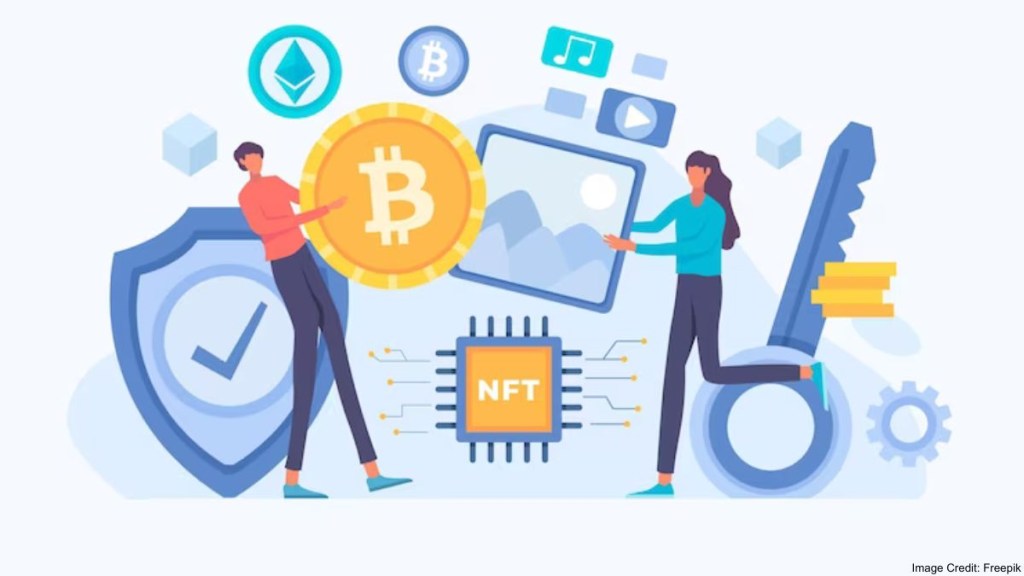Ahead of the debate on global coordination on the regulation of cryptocurrencies by G20 countries, the group’s watchdog Financial Stability Board on Monday recommended that regulatory authorities should have adequate powers to regulate, supervise, and oversee crypto-asset activities and markets.
The G20 had tasked the FSB to coordinate the delivery of an effective regulatory, supervisory and oversight framework for crypto-assets. The FSB published its global regulatory framework for crypto-asset activities to promote the comprehensiveness and international consistency of regulatory and supervisory approaches.“Framework is based on the principle of ‘same activity, same risk, same regulation’ and provides a strong basis for ensuring that crypto-asset activities and so-called stablecoins are subject to consistent and comprehensive regulation, commensurate to the risks they pose,” the FSB said.
A cryptocurrency is a virtual currency that is secured by cryptography. Many cryptocurrencies are decentralised networks based on blockchain technology. This decentralized structure allows them to exist outside the control of governments and central banks. Like many countries, India doesn’t have a regulatory regime for cryptos despite these being covered under the tax net.The Indian G20 Presidency in 2023 wants to broaden the G20 discussion on crypto assets beyond financial integrity concerns and capture the macroeconomic implications and widespread crypto adoption in the economy. This will require a data-based and informed approach to the global challenges and opportunities of crypto assets, allowing G20 members to shape a coordinated and comprehensive policy response.
The framework takes account of lessons from events of the past year in crypto-asset markets, which have gone through many upheavals. To address financial stability risks arising from interconnections and interdependencies, FSB recommended that authorities should identify and monitor the relevant interconnections, both within the crypto-asset ecosystem, as well as between the crypto-asset ecosystem and the wider financial system.“Authorities as appropriate, should require crypto-asset service providers to have an effective risk management framework in place that comprehensively addresses all material risks associated with their activities,” it said.

